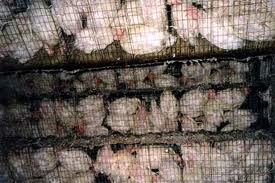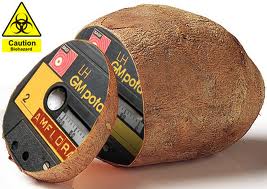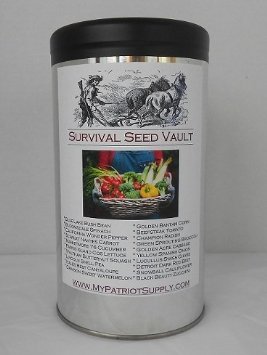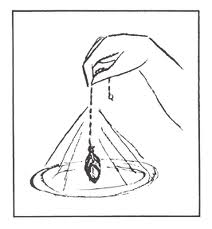What Not To Eat
Eat your fruits and veggies, they say- Drink lots of water, they say- Graze rather than gorge, they say as well. New power foods are featured to every now and then, like oat meal and pomegranate, and juicing and raw food diets are popular today amongst today’s health conscious.
My recent article on genetically modified foods (including genetically engineered livestock and dairy cows) has sparked an inquiry of just what we are putting into our systems on a daily basis, unbeknownst to us. Several animal studies indicate serious health risks associated with GM food including infertility, immune problems, accelerated aging, insulin regulation, and changes in major organs and the gastrointestinal system. I didn’t even touch on factory farming which has taken the raising and slaughter of livestock to new lows.
Now scientists have successfully introduced human genes into 300 dairy cows to produce milk with the same properties as human breast milk. I don’t know about you, but I don’t want human breast milk in my morning coffee. What they do is either add or subtract a gene to either add or subtract a trait, but the direct genetic modification of plants or animals used in food production has raised public concerns over food safety, environmental risks and socio-economic effects as well as intrinsic concerns about human intervention in nature. There are additional concerns over direct genetic modification in animals. I love Jeffrey Smith’s many informative articles and videos on the subject, and here is more for you to read;
http://www.newswithviews.com/Smith/jeffrey.htm
Currently, the major genetically engineered crops are soy, cotton, canola, and corn. Other modified crops include some U.S. zucchini and yellow squash, Hawaiian papaya, and some tobacco. GM potatoes and tomatoes have been taken off the market. U.S. dairy products may contain milk from cows injected with rbGH (recombinant bovine growth hormone). And both meat and dairy products usually come from animals that have eaten GM feed. Honey can be produced from GM crops, for example, some Canadian honey comes from bees collecting nectar from canola and this has shut down exports of Canadian honey to Europe.
GM potatoes and tomatoes have been taken off the market. U.S. dairy products may contain milk from cows injected with rbGH (recombinant bovine growth hormone). And both meat and dairy products usually come from animals that have eaten GM feed. Honey can be produced from GM crops, for example, some Canadian honey comes from bees collecting nectar from canola and this has shut down exports of Canadian honey to Europe.
I could go on all day but aside from complaining, what can we do?
• Lobby for labeling of GM foods, livestock, and additives.
• Buy organic whenever possible.
• Become an urban farmer and grow as much of your own food as possible and verify that your seed is heirloom.






